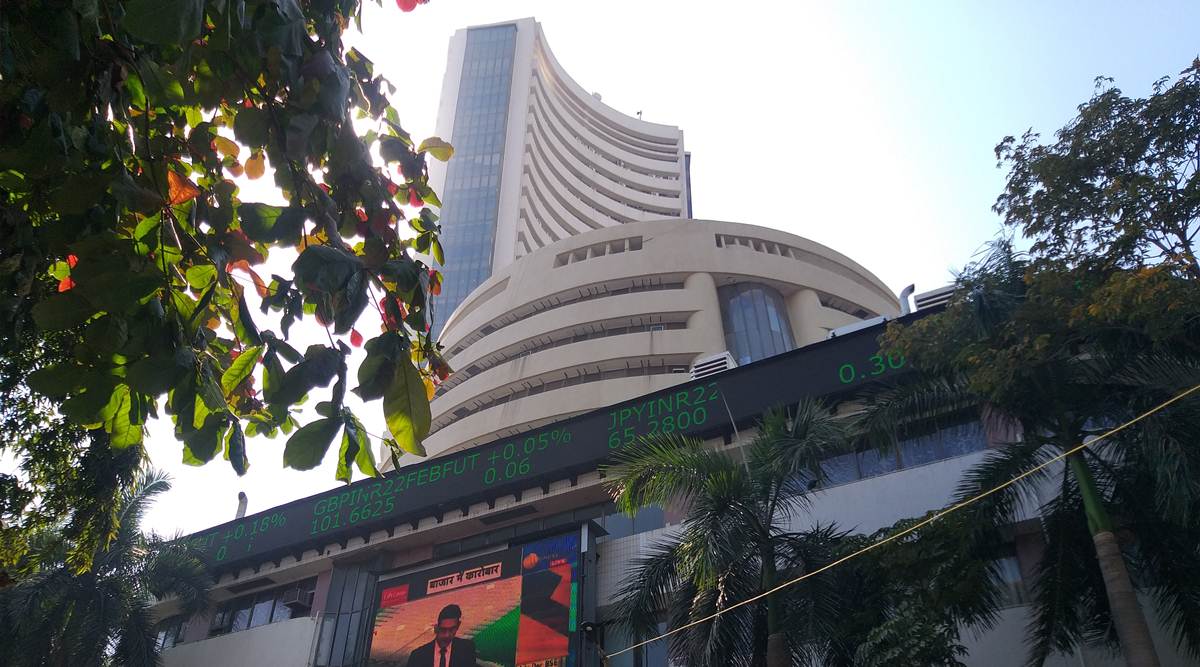The ASEAN Free Trade Agreement (AFTA) is a trade agreement formed by the ASEAN members to reduce trade tariffs and barriers among its partners. This Agreement was officially launched on 31st July 1993. The AFTA has created some of the most ambitious economic blocs including the Regional Comprehensive Economic Partnership (RCEP) and the Asia-Pacific Economic Cooperation.
The RCEP is the largest economic cooperation in Asia that has strategic partnerships with some of the biggest economies of the world.
- Advertisement -
The AFTA has a system called the Common Effective Preferential Tariff (CEPT) which allows the ASEAN members to impose tariffs on goods entering from outside ASEAN based on its national interests. The common rule is that at least 40% of the value of the goods should remain with the ASEAN countries.
The AFTA has plans to review and revive its port services and internet facilities to expand its revenue. The Singapore Port also has the busiest 24/7 port that imports all its essential goods including non-essentials too.
However, decision-making in the AFTA takes time as it takes the consensus of all the member states. The decision-making process needs to be simplified and streamlined. AFTA must continue to liberalize its policies to meet its goal of attaining zero-tariff rates in trade.
- Advertisement -

For deep details, you can read the full article. Click the link below :





